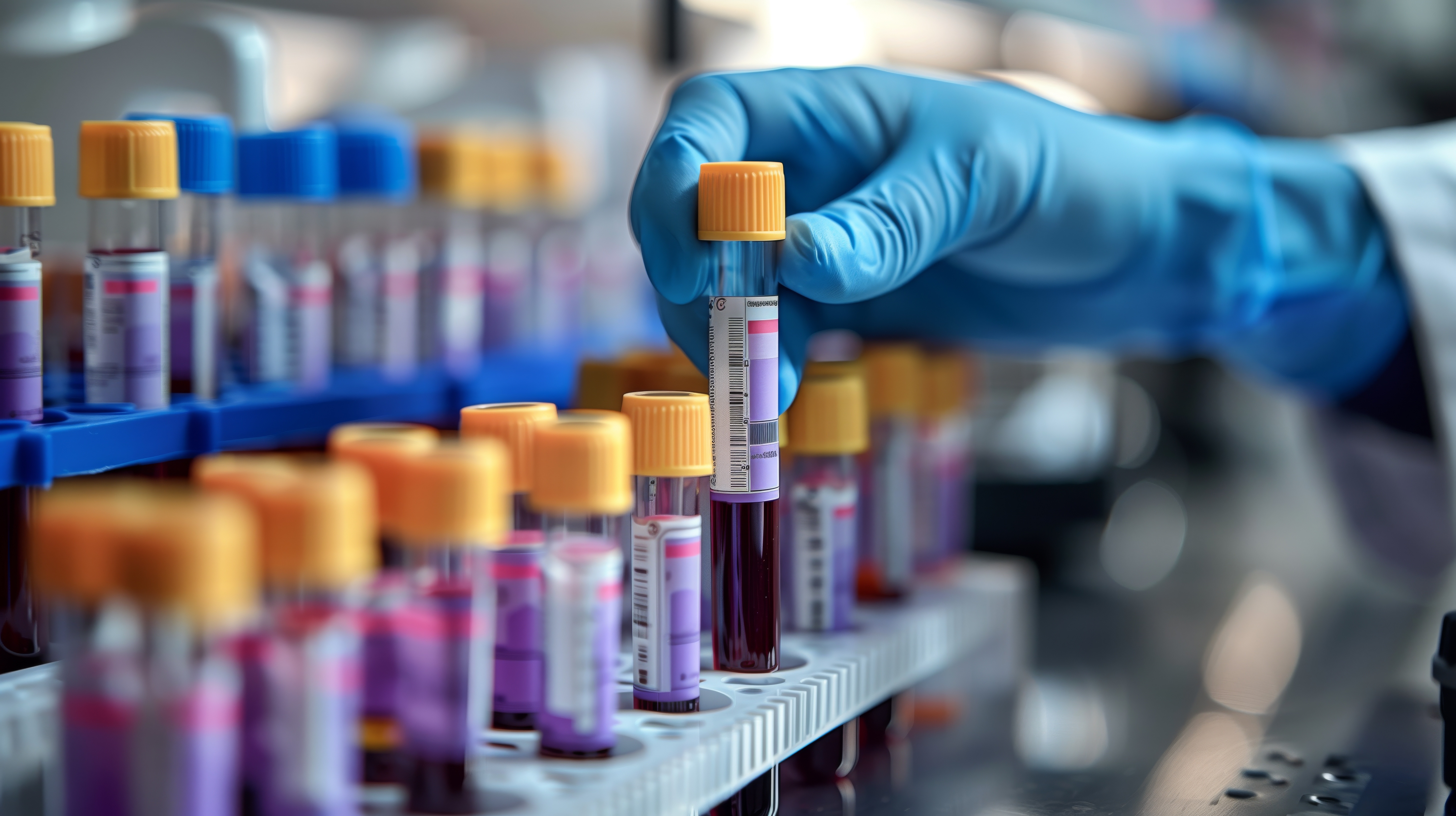Oxford BioDynamics (OBD) , a biotechnology company developing precision medicine tests, said its prognostic Covid Severity Test (CST) has been presented in a peer-reviewed paper published in the European Society of Medicine, with extended analysis into the related conditions of Long Covid and Chronic Fatigue Syndrome.
The test makes predictions based on a 6-marker model. In the published study, it demonstrated a high positive predictive value for high-risk disease outcomes in the validation cohort. Within the validation cohort, two patients declared clinically to be mild cases were identified as high risk by the test and subsequently died within 28 days of admission.
The results suggest an early, pre-symptomatic detection by the biomarkers of a hyperinflammatory state leading to fatal outcomes. The test for high-risk disease outcome demonstrated a positive predictive value (PPV) of 92.9%, 88% sensitivity, 87% specificity, and a balanced accuracy of 87.9% for all 116 patients used in the study.
Moreover, OBD noted that its EpiSwitch database, on which the test is based, was useful in identifying genes associated with patients suffering from Long Covid and other fatigue conditions such as Chronic Fatigue Syndrome (CFS) and Myalgic Encephalomyelitis (ME), for which the largest risk of onset is associated with infectious diseases.
View from Vox
Oxford BioDynamics shares surge 13% in early Friday trade, as the company announces the publication of a paper in a peer-reviewed journal detailing the effectiveness of its EpiSwitch platform-based Covid Severity Test (CST), with related insight linking it to Long Covid and CFS/ME. The platform has already delivered commercial tests and reliable biomarkers for immuno-oncology (CiRT) and prostate cancer (PSE), now adding Covid and fatigue-related conditions to the list.
Investors have more to look forward to, as the London School of Hygiene and Tropical Medicine, Norwich Medical School, and University of East Anglia, have now agreed to grant OBD access to a biobank of samples from CFS/ME patients for direct analysis and identification of diagnostic and prognostic blood biomarkers.
In a recent trading update on FY24 ended September 30 2024, OBD reported 25% and 86% half-on-half increases for CiRT orders and PSE orders respectively in H2. While revenues rose in H1 to £327k from £220k LY, cash burn has remained high to reach OBD's current position of high sales and research momentum.
As a result, OBD has implemented a series of cost-saving measures without sacrificing support for CiRT and PSE. Still, OBD will require additional cash by Q1, therefore it has launched a review of options, including a licensing or sale of assets, though an offer for the company is not expected. Preliminary results for FY24 and an update on Q1 2025 are expected in January 2025.
Follow News & Updates from Oxford BioDynamics:

